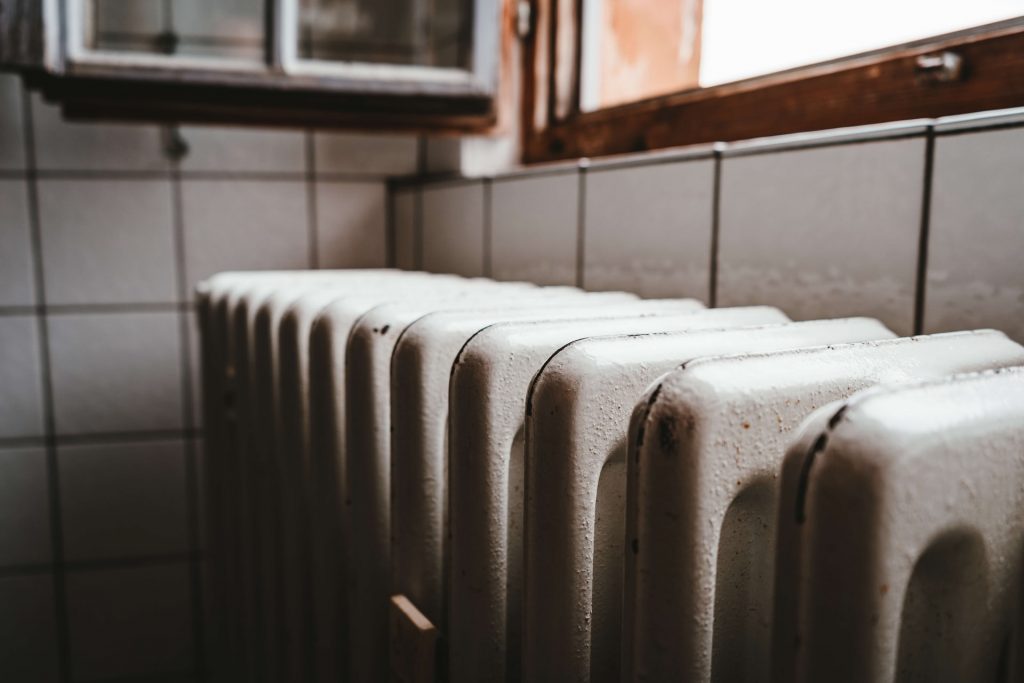If the UK’s world-leading COVID-19 vaccine program taught us anything, it is that, given the right conditions, we can accelerate important decisions without compromising safety.
If a global climate emergency and security threats from the world’s second-largest holder of nuclear weapons does not constitute the right conditions for accelerating our exploration of hydrogen in home heating, it is difficult to imagine what they might be.
According to the government’s current timeline, we won’t know until 2026 what role hydrogen will play in decarbonising domestic heating following a series of trials. We do not deny that trials are vital to determining the safety and efficacy of hydrogen use in the home, but we do question whether 4 years (5 years since the government hydrogen strategy was first release in 2021) is an acceptable timeline considering what is at stake.
About 20% of the UK’s carbon dioxide emissions are created by domestic heating, hot water, and cooking. This is partly because our ageing housing stock is some of the worst-insulated in Europe, so the first step should be to make funds available to homeowners to make upgrades.

About 20% of the UK’s carbon dioxide emissions are created by domestic heating, hot water, and cooking.
Burning hydrogen in boilers creates only heat and water, and no carbon emissions. Blends of up to 20% require no changes to domestic appliances, while boilers that can run on either natural gas or hydrogen have already been built by manufacturers including Worcester Bosch and Baxi.
A number of trials of hydrogen use in homes are ongoing in the UK and several more abroad, all of which suggest blending hydrogen into the natural gas network is a case of when, not if. Evaluations of 100% hydrogen for domestic heating and cooking have also been overwhelmingly positive thus far.
In September 2021, HyDeploy reported that its first phase test of hydrogen blending in 100 homes and 30 buildings at Keele University had been a success and it was moving onto phase two in 650 homes in the northwest of England. In all cases, no changes to boilers or appliances are needed.

The UK’s first homes fuelled entirely by 100% hydrogen were opened to the public in July last year, featuring protype fires, cookers and hobs.
In January of this year, the Energy Networks Association (ENA) said the UK gas grid will be ready for nationwide hydrogen blending from 2023, following minimal upgrades. At the time, the ENA called on the government to increase its target for low-carbon hydrogen production by 2030 to 10 GW from 5 GW.
The UK’s first homes fuelled entirely by 100% hydrogen were opened to the public in July last year, featuring protype fires, cookers and hobs. A larger trial H100 Fife will test 100% hydrogen in about 300 homes using hydrogen produced by a dedicated electrolysis plant powered by a nearby offshore wind turbine. An even-larger trial – a hydrogen village including up to 2,000 homes and other buildings – is targeted for 2025.
While we appreciate the need for thorough testing, the timeline could be significantly accelerated, both for gas blending and 100% hydrogen. That would allow the government to bring forward a mandate that all new gas boilers be hydrogen ready and the journey to a net zero future will be that be quicker.






